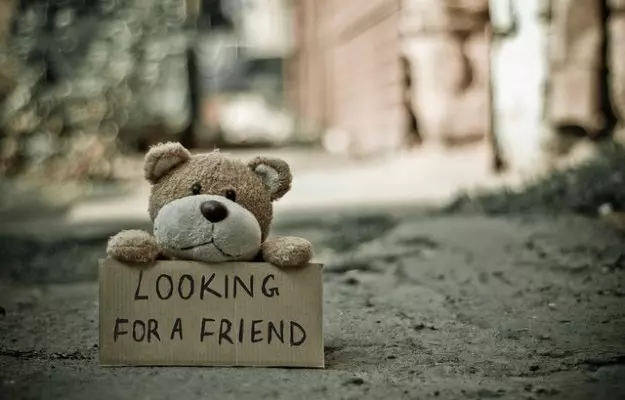We all feel lonely at some time or another. Loneliness that is temporary or passes quickly is unavoidable in some circumstances; for example, after the death of a spouse or partner. However, long-term loneliness that can take a toll on health merits therapeutic intervention.
We all know that we need to live in a community to survive and thrive. Especially in today’s highly networked world, making human connections is the key to doing well. Ironically, as the world becomes more and more connected, more and more people are falling prey to loneliness.
To be sure, social media has a role to play in this. But we tend to forget that there was no Facebook before 2004, no Twitter before 2006 and no Instagram until October 2010. People felt lonely before then, too.
Indeed in the 1980s, American psychologists Daniel Russell, Letitia A. Peplau, and Carolyn E. Cutrona developed a scale to measure loneliness. The respondents had to answer 20 multiple-choice questions like “how often do you feel you are ‘in tune’ with the people around you?” and “how often do you feel there’s no one you can turn to?”
Without fail, each of these questions—they are still used to measure loneliness—contains the phrase “how...do you feel”. This is crucial because loneliness is a negative emotion that arises from the perception that one is isolated rather than just the physical reality of being alone. People can feel lonely even when they are surrounded by friends and family.
Increasingly, scientists are finding evidence that loneliness can have consequences for our physical and mental health, too. For example, research has shown that long-term loneliness (chronic loneliness) can increase inflammation and reduce our immune response to infections. Researchers have also linked social isolation (actual and perceived) to a higher risk of early death.
This article focuses on the latest research and health effects of loneliness. So read on to know what is loneliness, signs of loneliness, how it affects our health, and what to do about it.











































